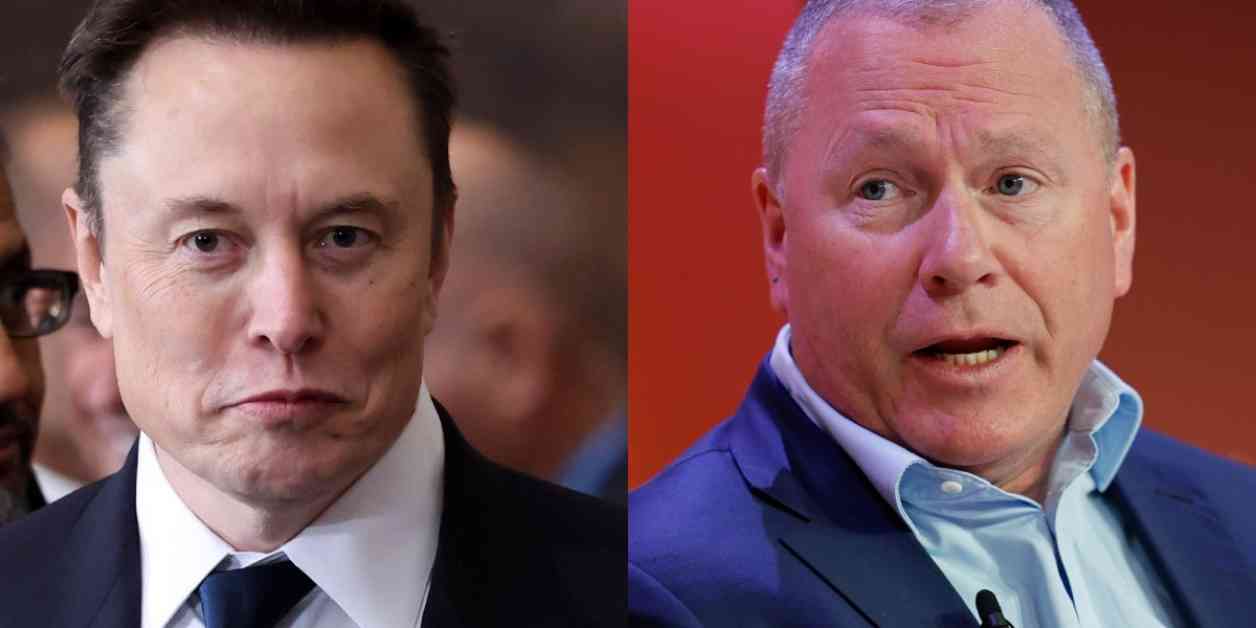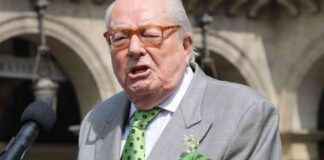Elon Musk, the renowned CEO of Tesla, found himself entangled in a high-profile dispute with Norway’s Sovereign Wealth CEO, Nicolai Tangen. The clash stemmed from Tangen’s dissenting vote against Musk’s groundbreaking pay package, a move that evidently did not sit well with the tech billionaire.
The rift between Musk and Tangen came to light through leaked text messages, revealing Musk’s apparent frustration with the Norwegian CEO’s decision. The exchange shed light on the behind-the-scenes tensions that can often arise in the world of high-stakes corporate governance.
Musk, known for his ambitious ventures in the realms of electric vehicles, space exploration, and renewable energy, had proposed a compensation plan that would have awarded him a potentially record-breaking payout. However, Tangen’s dissenting vote posed a significant obstacle to Musk’s financial aspirations.
The clash between these two influential figures underscores the intricate web of power dynamics and financial interests that shape the landscape of modern corporate governance. As two titans of industry clashed over matters of compensation and control, the public was offered a rare glimpse into the inner workings of these high-profile companies.
Musk’s Vision and Tangen’s Dissent: A Clash of Titans
Musk’s visionary leadership at Tesla has catapulted the company to the forefront of the electric vehicle industry, revolutionizing transportation and sustainability in the process. His relentless drive to innovate and disrupt traditional industries has garnered both admiration and controversy in equal measure.
Meanwhile, Tangen’s role at Norway’s Sovereign Wealth Fund has positioned him as a key player in the global investment landscape. With billions of dollars under his management, Tangen wields significant influence over the financial markets and corporate decision-making.
The clash between Musk and Tangen represents a collision of two distinct visions for the future of business and technology. While Musk champions bold, ambitious projects that push the boundaries of what is possible, Tangen’s more conservative approach reflects a cautious and calculated strategy.
As the two power players butt heads over matters of compensation and corporate governance, their standoff serves as a microcosm of the broader tensions that exist within the business world. The clash between innovation and tradition, risk-taking and prudence, highlights the complex interplay of forces that shape the trajectory of global commerce.
Lessons Learned: Navigating Corporate Conflict with Grace and Diplomacy
In the wake of the Musk-Tangen dispute, observers have been quick to draw lessons on how to navigate conflicts in the corporate world with grace and diplomacy. While disagreements are inevitable in any high-stakes environment, the key lies in finding constructive ways to address and resolve them.
Experts in corporate governance stress the importance of open communication, transparency, and mutual respect in dealing with conflicts between key stakeholders. By fostering a culture of dialogue and collaboration, companies can mitigate the risk of internal discord and maintain a sense of unity and purpose.
As Musk and Tangen work to find common ground and move past their differences, their example serves as a reminder that even the most influential figures in business are not immune to the challenges of interpersonal conflict. By approaching disputes with a spirit of cooperation and understanding, leaders can set a positive example for their organizations and inspire others to follow suit.
In conclusion, the clash between Elon Musk and Nicolai Tangen offers a compelling glimpse into the inner workings of corporate governance and the complexities of power dynamics in the business world. As two visionary leaders navigate their differences and seek common ground, their example serves as a valuable lesson in how to address conflicts with grace and diplomacy.



















